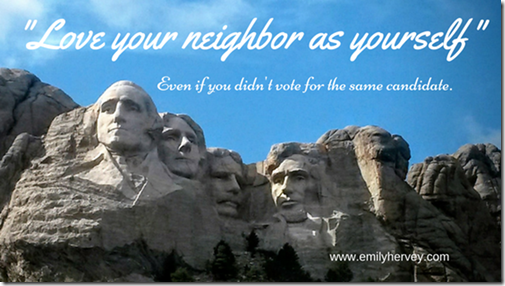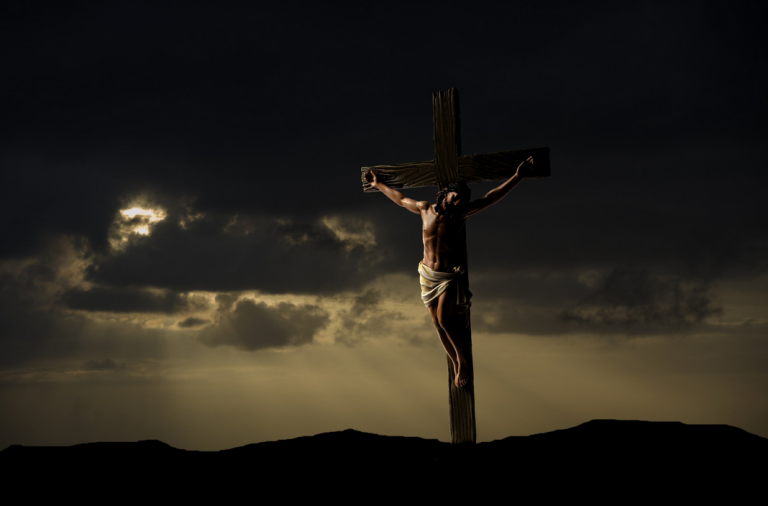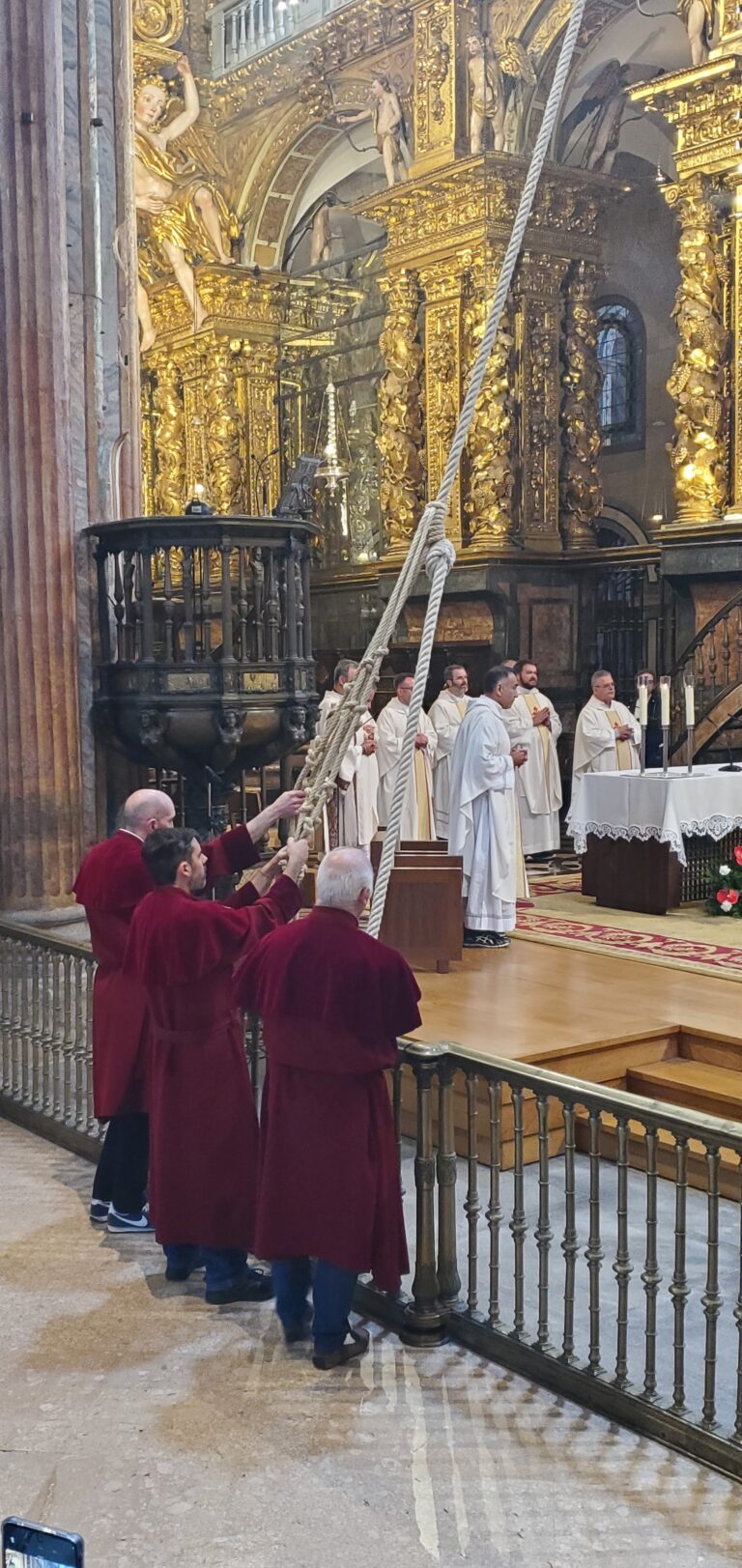In 2013, I was living in Kenya while their presidential elections were looming. Everyone was remembering the previous election in 2007, when violence erupted and over 1000 people died in the aftermath, as tribal differences were triggered. As expats, we had our contingency plans set up, but were mostly expecting to hunker down inside our compounds until it was deemed safe to emerge. I had my imperishable foods, water, and batteries stashed; the radio was ready. The general mindset was, “Pray for the best, prepare for the worst.” What stood out to me in the weeks preceding the election was the common prayer across all tribes and political parties: a prayer for peace. When elections took place, that prayer was answered. Although minor riots broke out across the city during the tense days between voting and the declaration of the winner, the violence was not repeated. I believe it was the unified prayer across denominations and tribes that was a key component to maintaining peace.

In 2015, I was teaching in Nigeria as presidential elections were scheduled and postponed before finally taking place. Again, the tension was palpable in a country split by tribes and religious differences (Muslims and Christians). The “lesser of two evils” choice was between a “Christian” president (known for his rampant corruption and failure to respond promptly to situations like the kidnapping of the Chibok girls) and a Muslim leader (remembered for the stability provided when Head of State—eliminating corruption, and overhauling economic systems—despite his repressive leadership style). My students left the seminary to vote in their hometowns, leaving a quiet campus on election day. Outbreaks of violence were again feared, including attacks in the north by the Boko Haram. But the same theme of peace for the nation dominated the prayers prior to the election. The same prevention of inter-faith/inter-tribal violence resulted (except for an attack from the Boko Haram—a common enemy to both parties).
It is 2016, the US presidential elections have just taken place. I was not afraid of physical danger, but I was still worried about the results. Up to this point, I’ve watched the church split as they pray for opposite results instead of praying for peace. Abhorrence of the candidates’ lifestyle and values, condemnation of the candidates’ policies and views, and fear of the outcome have seeped into our perception of our fellow believers. I must be the first to confess my struggle to refrain from expressing negative adjectives toward opposing voters (at least towards their words and actions); I confess my fear of the consequences on national and international levels; I confess my lack of grace in my attitude and thought patterns. My focus has not been praying for peace.
Now the elections are over. We have cast our votes, but we still have decisions to make: how to pray, how to react, how to communicate with those who did not share our position. We can attack the biggest differences between sides or look for common ground. We can hold on to anger toward our “opponents,” or remember that few people agree with (or condemn) ALL the stances of either side. None of the Christians I know voted for Trump as proponents of his lifestyle. None of the Christians I know voted for Clinton to support an increase in abortion rates (nor is that her goal).

I’m not asking that everyone in the church come to unanimous agreements on all policies. There will be ongoing differences in opinion that will test our ability communicate with each other in a loving way.
But I am challenging us (myself included) to maintain Jesus’ fundamental commands: Love the Lord your God and love your neighbor as yourself. We are called to be humble; we are called to be peacemakers; we are called to seek unity; we are called to build each other up, not tear each other down.
Will you join me in seeking God’s peace for this nation?



So well said. Thanks for your personal illustrations of the perspective we all need to have, Emily.